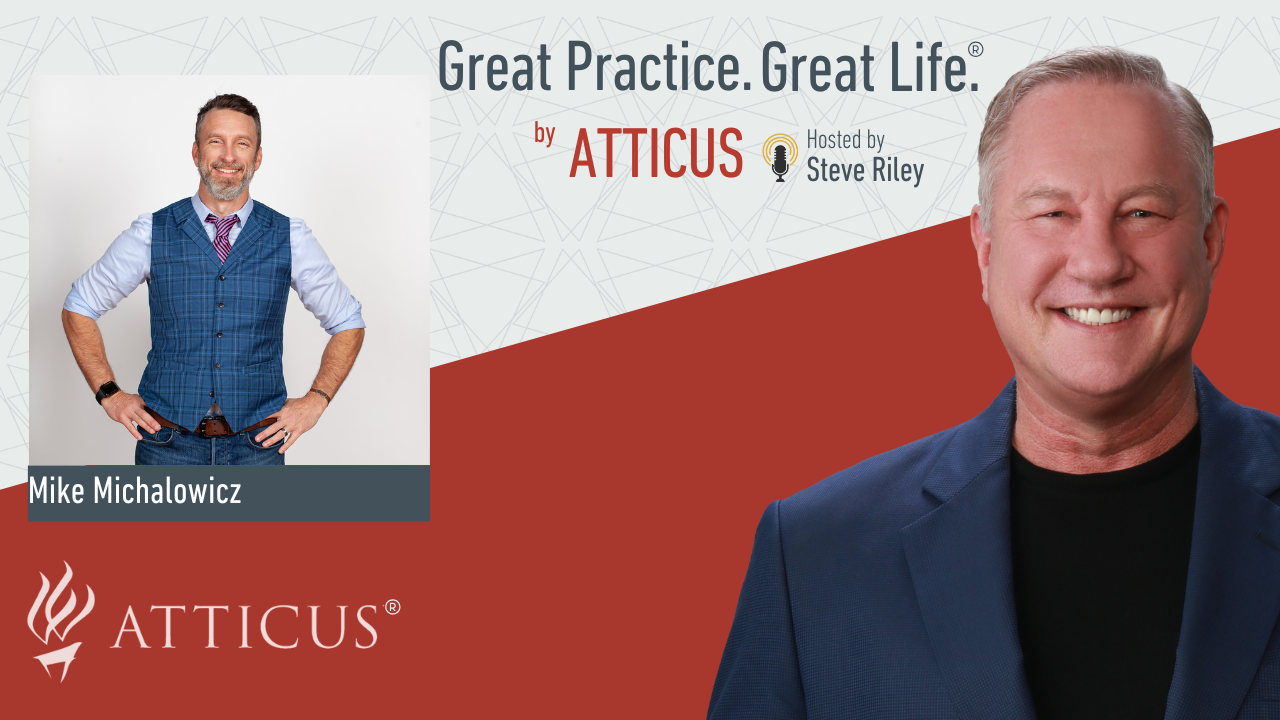
Mastering Entrepreneurship: From Lawyer to Law Firm Owner
Transitioning from a practicing lawyer to a law firm owner is a pivotal career decision that demands a strategic shift in mindset and operations. This blog post delves into essential strategies for lawyers aspiring to master entrepreneurship, enhance their practices, and achieve financial success and personal fulfillment.
Understanding Entrepreneurial Poverty
Many attorneys experience entrepreneurial poverty, where, despite working tirelessly, they live paycheck to paycheck, unable to make the desired impact on their community or provide exceptional client service. This paradox often stems from a lack of strategic business management and an overwhelming workload. Lawyers can escape this cycle by adopting a mindset shift focusing on working smarter, not harder. By redefining their professional identity and embracing entrepreneurial strategies, attorneys can balance financial freedom with personal fulfillment.
Building a Successful Law Firm Through Strategic Delegation
One critical decision for lawyers is whether to continue practicing law or to transition into owning a law firm. These roles require different skills and responsibilities. A law firm owner focuses on creating jobs rather than doing them themselves. A strategic approach to delegation, known as fractionalization, can ease this transition. By breaking down responsibilities into manageable tasks and assigning them to team members, lawyers can prevent the superhero complex of feeling irreplaceable. This shift from doing to owning fosters effective leadership and sustainable business growth.
Shifting Mindset for Business Success
The transformation from lawyer to shareholder of a legal business is a powerful shift in professional identity that encourages strategic thinking. Lawyers must move away from day-to-day tasks and focus on strategic direction. This shift helps prevent the superhero syndrome, where individuals create problems for self-validation. Lawyers can avoid dependency cycles and build cohesive, empowered teams by empowering teams and stepping back. Embracing this mindset change is essential for business success and personal growth.
The Importance of Community and Collaboration
The legal profession can be isolating, making collaboration and community support vital. Engaging with a community of peers provides strategic insights and mutual support, which are invaluable for professional development. As seen in supportive environments like Atticus, collective wisdom surpasses individual efforts, offering lawyers a platform for empowerment and growth. Lawyers can break the isolation barrier by fostering collaboration and enhancing their practice and personal life.
Practical Steps for Lawyers to Embrace Change
Embracing change is inherently challenging but necessary for growth. Lawyers should start by redefining their identity and role within their firm. This involves acknowledging their position as a shareholder and focusing on strategic tasks rather than operational duties. Delegation should begin with tasks they love, which builds the discipline needed to let go and develop business owner skills. Lawyers can gradually transform their practice into a thriving legal business by taking small, actionable steps toward change.
In conclusion, mastering entrepreneurship as a lawyer involves strategic delegation, mindset shifts, and community engagement. By embracing these principles, lawyers can redefine their professional identity, build successful law firms, and achieve a balanced, fulfilling career.
If you want to learn more about Great Practice, Great Life, check out https://atticusadvantage.com/episode106.
If there’s a topic you would like us to cover on an upcoming episode, please email us at steve.riley@atticusadvantage.com.
Steve Riley
Certified Practice Advisor & Attorney
Steve Riley has coached attorneys for more than 20 years. His one-on-one coaching focuses on a limited number of top producing attorneys committed to taking their practices to new levels of excellence, profit, and personal success. He also presents at group coaching workshops around the country for individual law firms, state bar associations, and other legal organizations.


